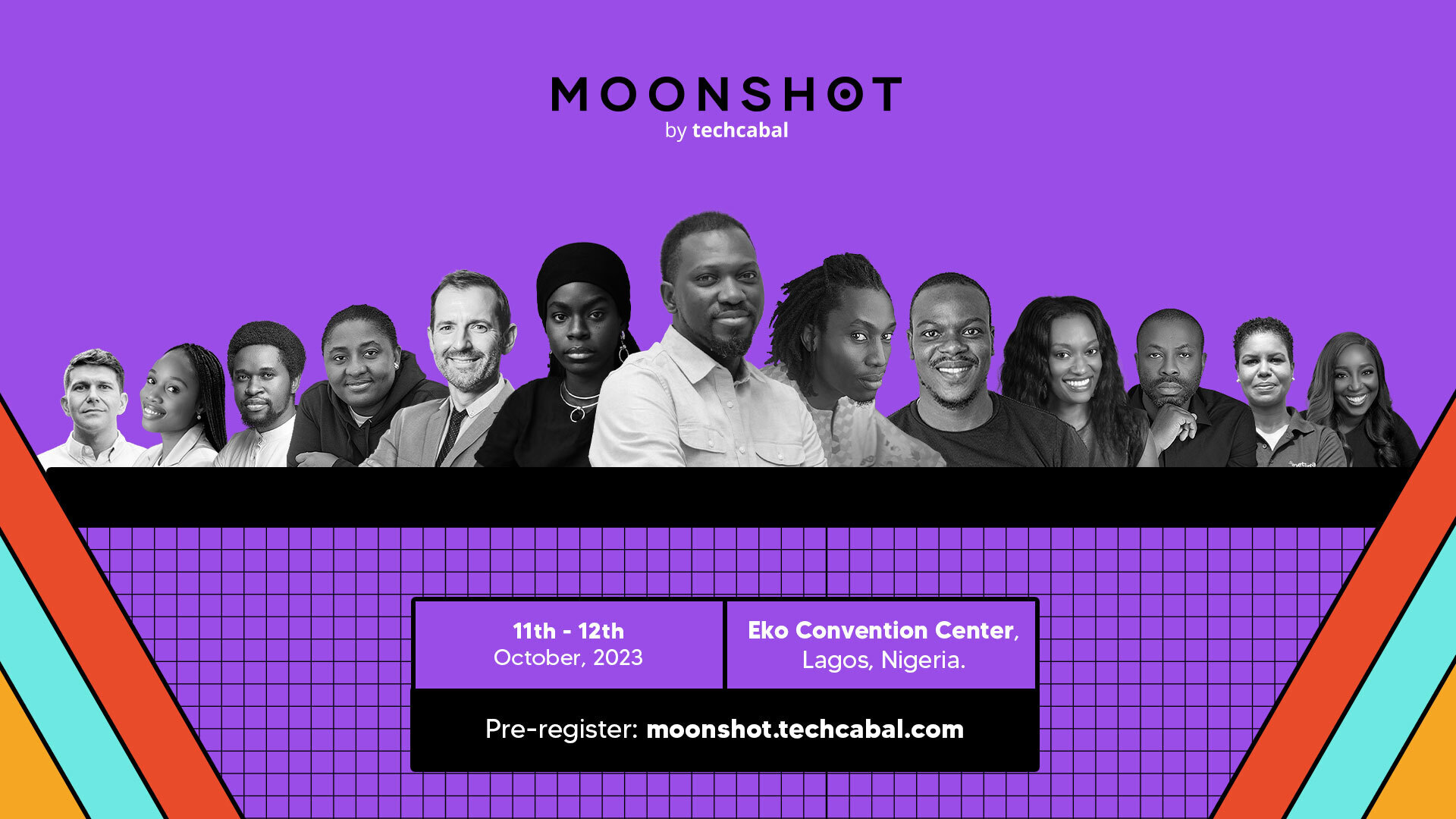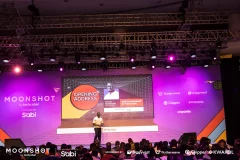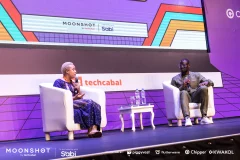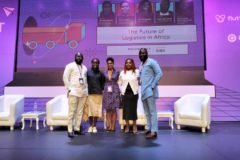Moonshot by TechCabal is the conference that will bring together Africa’s tech ecosystem in person to network, collaborate, share insights and celebrate innovation. Join us in Lagos on October 11 and 12. In this article built around the conference, Mariam Muhammad reports on how generative AI is reshaping the job market, while also creating new opportunities
Generative artificial intelligence (AI) tools like ChatGPT and other related AI have created a mix of excitement and worry among professionals, mainly because these tools can potentially handle many routine tasks that workers perform regularly across different jobs.
Amidst the fear and excitement of AI bringing an unavoidable change to the job market, a question that needs to be asked is: what new jobs might it create?
A changing job market
According to a report by investment bank Goldman Sachs, the advent of advanced AI systems will significantly influence global employment markets. The changes in work patterns driven by these advancements could potentially automate up to 300 million full-time jobs.
Just like any controversial subject, there will be people who are for and against AI. Gitonga Bretton, who works as an AI developer for a telecom company, stated that the job market isn’t limited to a fixed number of positions redistributed annually, and that technological progress and new developments enable the creation of more job opportunities. While AI might replace some obsolete roles, it will also foster creativity and the pursuit of fulfilling jobs.
“I believe we don’t have a finite number of jobs that we share every year. As long as tech comes up and development comes in, we are able to come up with more jobs like those on AI. For instance, prompt engineering didn’t used to be a career. Now, it’s a career. So you can see artificial intelligence will, of course, replace some of the jobs that are redundant, but that means it gives us the ability to be more creative and do jobs that fulfil us as human beings,” Bretton told TechCabal.
Kyle Balmer describes himself as a prompt entrepreneur. In his job, he leverages new exciting AI technologies to start and grow businesses. He believes that AI itself isn’t going to kill jobs; rather, it’s the individuals who harness it that will gain a competitive edge.
Using web designers as an example, Balmer stated that “web designers are at risk now because AI tools can do their jobs faster and cheaper. So smart web designers are learning to use these AI tools to increase output and quality. What this means is that the smart web designers will succeed even more, but mediocre web designers will be eliminated from the workforce,” he said, on a chat with TechCabal.
In-demand skills for the AI age
As AI is changing the job market, most roles—including writing, marketing, and programming—now require prompts to work. In essence, the quality of the output of these roles depends on the quality of the prompts input. This development has seen the role of prompt engineers become increasingly popular as it creates a path for people to transition from what they already know to what is in demand.
Prompt engineering, which entails creating precise and well-crafted instructions or questions to guide language models in producing a desired output, is a skill ChatGPT’s Sam Altman describes as an “amazingly high-leverage skill”. A skill like prompt engineering might not be the number one job of the future, but it sure is one of the 97 million new jobs the World Economic Forum estimates will emerge by 2025, to enable humans and machines work together.
Balmer sees prompt engineering as “how we talk to AI”, and thinks it’s essential that every individual learns how to communicate with AI. He uses the advent of the internet to describe how AI is reshaping the job market; and just as adapting to internet technology was imperative for success, embracing AI is now a choice between stagnation and advancement.
“I think of it like the early days of the internet. The introduction of the internet changed how we interact with the world. The people who learned to use internet technology first thrived, leaving behind people and industries that did not evolve. Eventually, everyone had to learn to use the internet—modern life is impossible without it. AI will be the same. It’s now a choice whether to ignore the new AI technology and hope it goes away or embrace it and stay ahead of the game,” Balmer told TechCabal.
According to Ibrahim, AI-driven creativity is important. He highlights robotics engineering, natural language processing, and cybersecurity as skills that are important in today’s job market. Balmer agrees that these skills are essential for the future of work, and also adds that data analysis, automation, machine learning, natural language processing, computer vision, predictive analytics, cybersecurity, personalisation, AI ethics and governance are all important skills that AI makes in demand in today’s job market.
Adapting to the changing job market
On the bright side, soft skills are not only crucial for human-AI collaboration but also demonstrate AI’s limitations. And for Balmer, soft skills like “communication, public speaking, emotional intelligence and leadership” are part of the skills humans should harness to help them stay relevant in the current job market.
Lifelong learning is also important for individuals to keep up with the changes in the job market, and Ibrahim holds the view that while AI can be a valuable aid to humans, its inability to replicate emotional intelligence prevents complete replacement. He also acknowledges that AI tools are not 100% accurate and require human interference. So to stay relevant, humans need to acquire digital literacy and domain expertise to effectively collaborate with AI tools and interpret their outputs.
“The increase in the development of AI and other automation tools is basically to increase efficiency in specific domains. We all know that AI is not emotionally intelligent. They process data and produce an output based on our input and available data. To remain relevant, the first thing I think individuals need to do is to get digital literacy, to be able to understand what tools can be deployed to a certain area of expertise to make work more efficient. And with domain expertise, one will be able to tell if they’re getting the right or wrong results when using any of these tools,” Ibrahim concluded.
Did you enjoy this article? Then click this link to register for Moonshot and check out our fast-growing list of speakers coming to the conference!






















